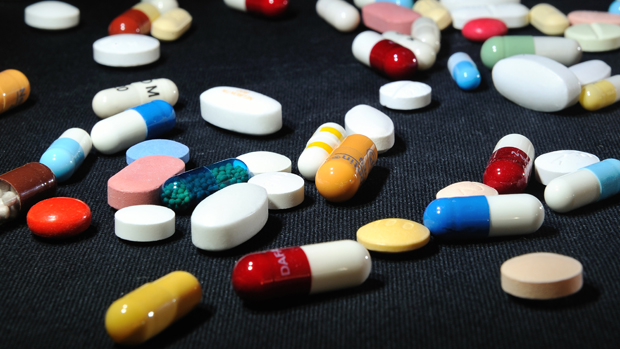Drug-driving laws: why are they proving controversial?
Campaigners have praised tough new legislation, but critics argue they won't improve road safety

A free daily email with the biggest news stories of the day – and the best features from TheWeek.com
You are now subscribed
Your newsletter sign-up was successful
The government has introduced new laws to punish people caught driving under the influence of drugs in the latest effort to improve road safety.
"This new law will save lives. We know driving under the influence of drugs is extremely dangerous; it devastates families and ruins lives," said road safety minister Robert Goodwill.
The government says its message is clear: "If you take drugs and drive, you are endangering yourself and others, and you risk losing your licence and getting a conviction."
The Week
Escape your echo chamber. Get the facts behind the news, plus analysis from multiple perspectives.

Sign up for The Week's Free Newsletters
From our morning news briefing to a weekly Good News Newsletter, get the best of The Week delivered directly to your inbox.
From our morning news briefing to a weekly Good News Newsletter, get the best of The Week delivered directly to your inbox.
While the new laws have been welcomed by road safety campaigners, others are not convinced they will be effective.
How do the new laws work?
It has always been illegal to drive while under the influence of drugs, but new laws specify exact limits for 16 different illegal and prescription drugs, bringing the legislation in line with drink-driving laws.
Police will now be able to conduct roadside saliva tests, as well as impairment checks. Portable "drugalysers" will be able to detect cannabis and cocaine, while blood tests will be taken for other substances including ecstasy, heroin and prescription drugs. Those using prescription drugs within recommended amounts will not be penalised.
A free daily email with the biggest news stories of the day – and the best features from TheWeek.com
Penalties will be similar to those given for drink driving and could include a criminal record, a 12-month driving ban as well as a fine of up to £5,000.
So, why are people worried about them?
Police concerns
The Greater Manchester police force has taken the unusual decision to delay implementing the new rules until it is able to satisfy itself that "the legal and procedural issues involved in prosecuting these cases can properly withstand legal scrutiny", Chief Inspector Mark Dexley told The Guardian. He added that the temporary delay would also ensure officers are adequately trained and understand the new procedures.
"We are mindful that if we get this wrong then a significant amount of court time and public money could be wasted," he added.
The laws might be applied differently
"Any lack of uniformity has the potential to create confusion in the minds of drivers about what police are entitled to ask of them," warns Damien Simmonds of JMW Solicitors. "That could cause some motorists to refuse requests for saliva samples, especially during what may be an initial rush of roadside testing."
They are not designed to improve road safety
Critics of the new laws point out significant differences in the limits set for illegal and prescription drugs. The blood limits for drugs like cocaine and THC are so low that they are likely to show up in tests long after any driving impairment has worn off, argues Charlie Lyons in The Spectator. "Is this, in fact, precisely the point?" he asks.
On the other hand, those using much higher levels of prescription drugs will not be penalised. "Driving to the shops with a brain full of Valium is hardly safer than heading out 24 hours after you have smoked a joint, but as long as you can find your prescription there's little the police can do."